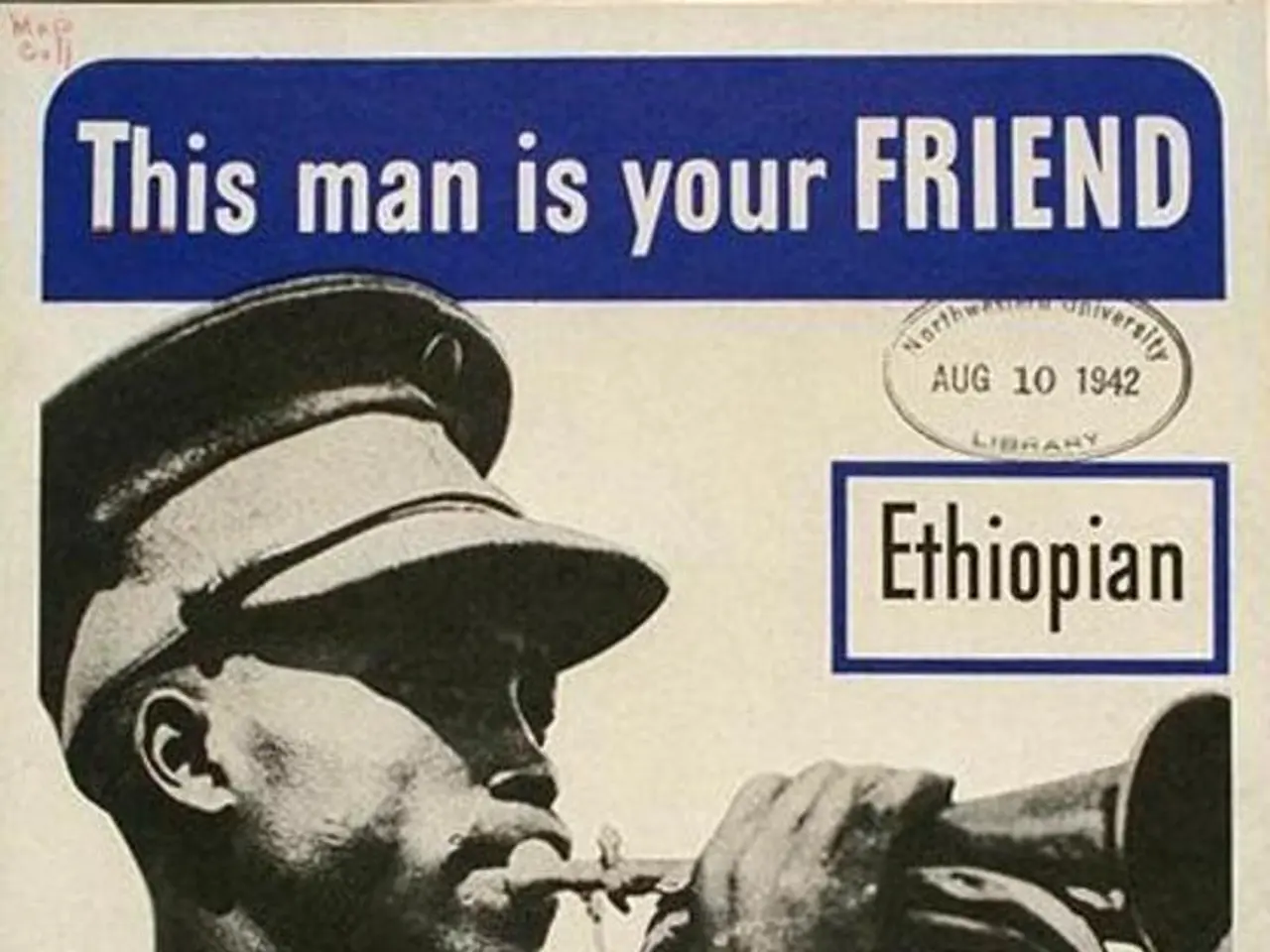Divination Tool for Reading Fortune Through Book Selection
Renowned Victorian poet Robert Browning took an unconventional approach when expressing his interest in marrying Elizabeth Barrett. In a letter to the poetess, Browning used the divination method known as bibliomancy, a practice that involves interpreting random passages from a book to gain insight or guidance[1].
The method, which is considered one of the oldest and simplest forms of divination, is not about precise fortune-telling but about gaining insight and understanding regarding a situation or question[1]. Its effectiveness is inherently imperfect, as noted by occult practitioners like Aleister Crowley, who emphasized that divination can only work with the information presented and can never be omniscient or fully error-free[1].
Historically, biblical texts have often been used in bibliomancy, with the Psalms being a popular choice for divinatory purposes or magical chanting in traditions such as New Orleans Vodou[4]. In contemporary occultism and magical systems, bibliomancy remains popular as a quick, accessible tool to draw symbolic meaning or a “word of the day” message for guidance[3].
In Browning's case, he used a book titled "Cerutti's Italian Grammar." The response he received was a quote from "Promiscuous Exercises," promising eternal love[2]. The quote was to be translated into Italian, according to the book.
The process involves writing a question, picking a book, noting its title, opening it to a random page, and pointing at a random line. The response from the book is then interpreted based on the seeker's intuition, interpretative skill, and the context of the query[1].
The writing journal worksheet "Painting" encourages users to describe paintings in terms of moments of recognition, symbols of the self, and communing with art. The cut-up technique, another writing exercise, helps push the boundaries of syntax and vocabulary by creasing and folding a page along vertical lines[5].
Reflections should be written down after considering the implications of the chosen passage on the question posed. The writing journal worksheet "Wanted" encourages users to describe whatever they want from the universe, such as an experience, an item, a character, a mission, or a feeling[6].
In conclusion, bibliomancy is an effective tool for symbolic insight and reflection rather than exact prediction. Its value lies in the interpretive dialogue between the seeker and the text, shaped by spiritual or psychological context. Its simplicity and historical roots in sacred traditions keep it relevant in modern spiritual and magical practices worldwide[1][2][3][4].
Writers of contemporary literature, including poets and novelists, often incorporate elements of different lifestyles, fashion-and-beauty trends, and entertainment into their writing to create deep and relatable characters. For instance, the renowned Victorian poet Robert Browning used the divination method known as bibliomancy, an ancient practice that was also embraced by writers in occult traditions. In a similar vein, some modern writing exercises, like the "Painting" worksheet, encourage writers to reflect on their own experiences and interpretations of art, mirroring the introspective nature of bibliomancy. Interestingly, these writing practices might offer a contemporary take on the traditional use of books for divination, such as in biblical texts or in magical systems like New Orleans Vodou.







